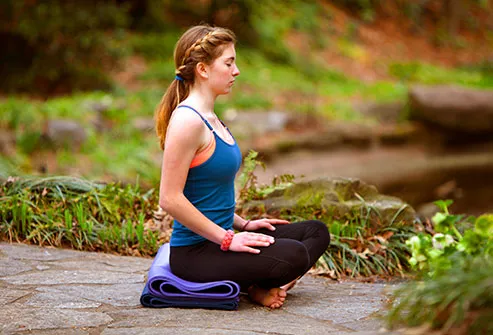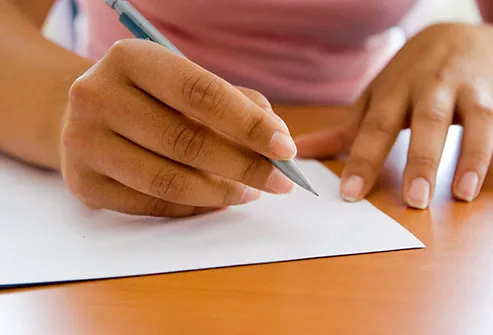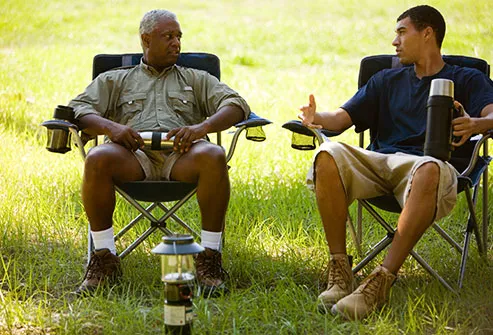Slideshow: 10 Ways to Stop Stress Now

Sources Medically Reviewed on 12/16/2022 Reviewed by Smitha Bhandari, MD on December 16, 2022
Images:
1) Thinkstock / Fuse
2) Thinkstock / George Doyle / Stockbyte
3) Thinkstock /atokic/ iStock
4) Getty / Portra Images
5) Getty / Portra Images
6) Getty /mother image / The Image Bank
7) WebMD
8) Ariwasabi / iStock / 360
9) Thomas Pullicino / iStock / 360
10) Thinkstock / Purestock
11) Spotmatik / iStock / 360
SOURCES:
Sketchley-Kaye, K. Nutritional Neurosicence, November 2011.
Thompson, C. Landscape and Urban Planning, April 15, 2012.
Kraft, T. Psychological Science, Nov. 13, 2012.
Chen, M. International Journal of Nursing Practice, Nov. 15, 2013.
University of Maryland Medical Center: "Lavender."
Thoma, M. PLoS One, published online Aug. 5, 2013.
Harvard Medical School Family Health Guide: "Relaxation Techniques: Breath control helps quell errant stress response."
American Heart Association: "Four Ways to Deal with Stress."
University of Rochester Medical Center: "Journaling for Mental Health."
CDC: "Coping With Stress."
Townsend, S. Social Psychological & Personality Science, 2012.
Anxiety and Depression Association of America: "Exercise for Stress and Anxiety."
Reviewed by Smitha Bhandari, MD on December 16, 2022
This tool does not provide medical advice. See additional information.
THIS TOOL DOES NOT PROVIDE MEDICAL ADVICE. It is intended for general informational purposes only and does not address individual circumstances. It is not a substitute for professional medical advice, diagnosis or treatment and should not be relied on to make decisions about your health. Never ignore professional medical advice in seeking treatment because of something you have read on the WebMD Site. If you think you may have a medical emergency, immediately call your doctor or dial 911.










